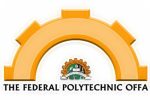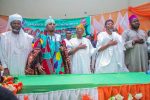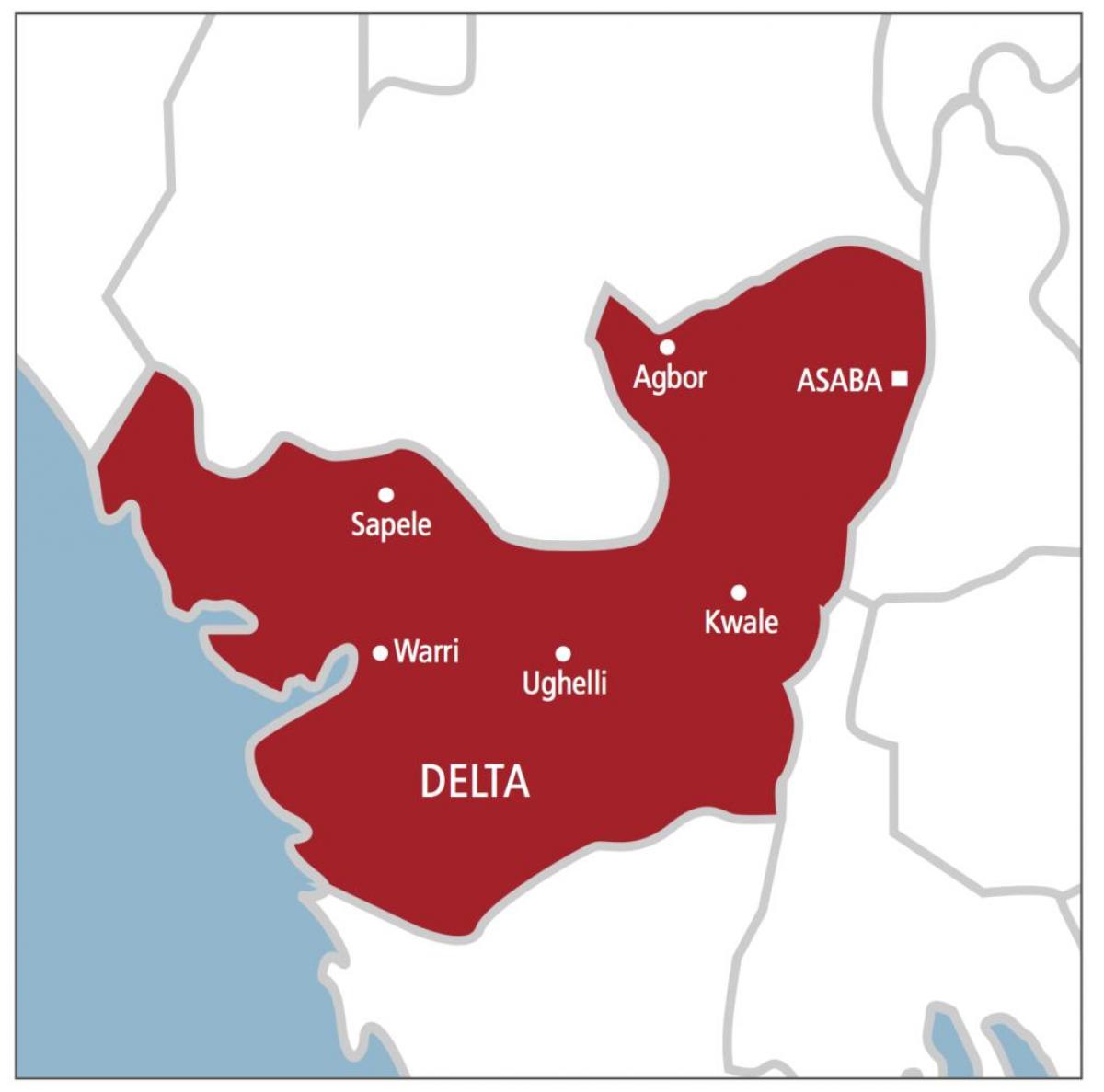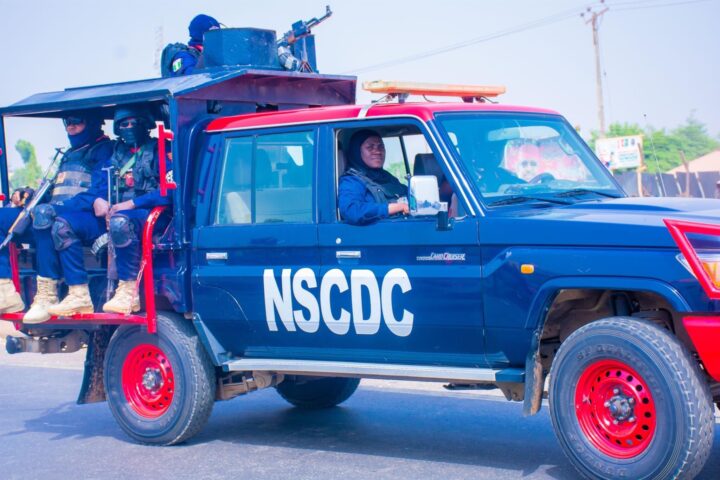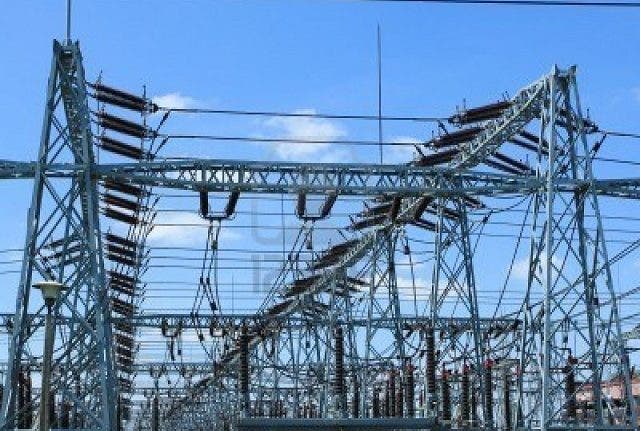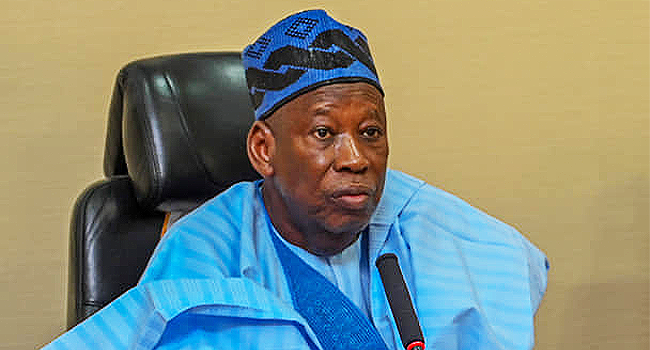IPC Holds Workshop For Southwest Journalists, Tasks On Conflict Sensitive Reporting


By Solomon Odeniyi
International Press Centre (IPC) in collaboration with the European Union Support to Democratic Governance in Nigeria has held a two-day training for political correspondents in the southwest.
The two-day capacity building media workshop which was held in Abeokuta had 25 participants drawn across the region.
Mr. Lanre Arogundade, Director of International Press Centre (IPC) described the participants as the heart beat of political journalism by reporting politics day-to-day, the activities of the political parties, providing information to enable citizens make informed choices during elections, as well as giving report on the activities of the election management body among others.
For the political reporter to be a healthy heartbeat of political journalism, Arogundade added that, they must have their skills constantly honed so they could disseminate information that adds value to the conduct of credible elections.
He urged the participants to always factor human and social element into election reporting which would enable them to be conflict sensitive.
Bolaji Adebiyi who spoke on “Challenges of Election Coverage in Nigeria: A Reporter’s Account” said political correspondents are essential to the credibility of the process as they control the means of communicating what transpired during the process.
He noted that if a report suggests that the process is not substantially free and fair, that would shape the opinion of the people and might undermine the credibility of the outcome and the government that is formed from it.
He urged the reporters to be true to the ethics and standard of the profession.
Highlighting the many challenges faced by political reporters in the coverage of elections in Nigeria, the Politics Editor of This Day identified inadequate knowledge of legal frame work of the electoral process as one of such.
Ajibola, a former Media Assistant to Alhaji Umaru Yar’Adua stressed that a reporter would be susceptible to the antics of the politician if he does not have adequate knowledge of the legal frame work of electoral process.
He said except a reporter is conversant with documents that state clearly the rules of the elections, his understanding of the inter-play of forces both at the internal party and general elections could be greatly impaired which would, according to him affect the clarity and depth of his report. Other challenges he gave include: Inadequate Research, Inadequate Finance, Restrictive Nature of Electoral Rules and Regulations and security of the reporter, particularly in areas prone to violence and conflicts.
Jide Ojo, a public affairs analyst said the role of the media in agenda setting is crucial.
He added that as the country was heading into general elections, Socio-economic issues such as health, education, poverty, unemployment, transportation, water and sanitation, industrialisation, power (electricity), state of Nigeria’s oil and gas sector, subsidy payment, agriculture, solid minerals, creative arts (music, films, entertainment value chain), ICT, Tourism, Sports, Human capital development, and security should define campaigns for the election.
“Nigeria is at the threshold of conducting her sixth general elections since 1999. Every four years we elect president, governors, senators, House of Representatives members, and members of State Houses of Assembly. What have we to show for these elections?
You have all listened to me reeling out the heartrending statistics on our development status. Is this how we want to continue governance?” he queried.

